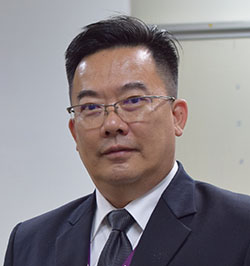On First Day
28th Jan
Registration
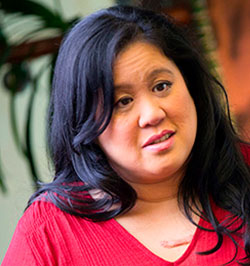
Teresa Chan, HBSc, BEd, MD, FRCPC, MHPE, DRCPSC (Clin. Ed.)
Plenary sessions 5:
(Hybrid)
Curating for Continuing Learning:
How Educators Can Take a Leading Role to Guide Learners Towards Optimal Growth
View a recording
Dr. Teresa Chan will discuss future trends in the world that she thinks will ultimately affect the way we do business in medical education. A cross-disciplinary scholar, Dr. Chan has looked across the fields of education, organizational/faculty development, social media and healthcare to identify relevant trends that will help us ready our field for the future.
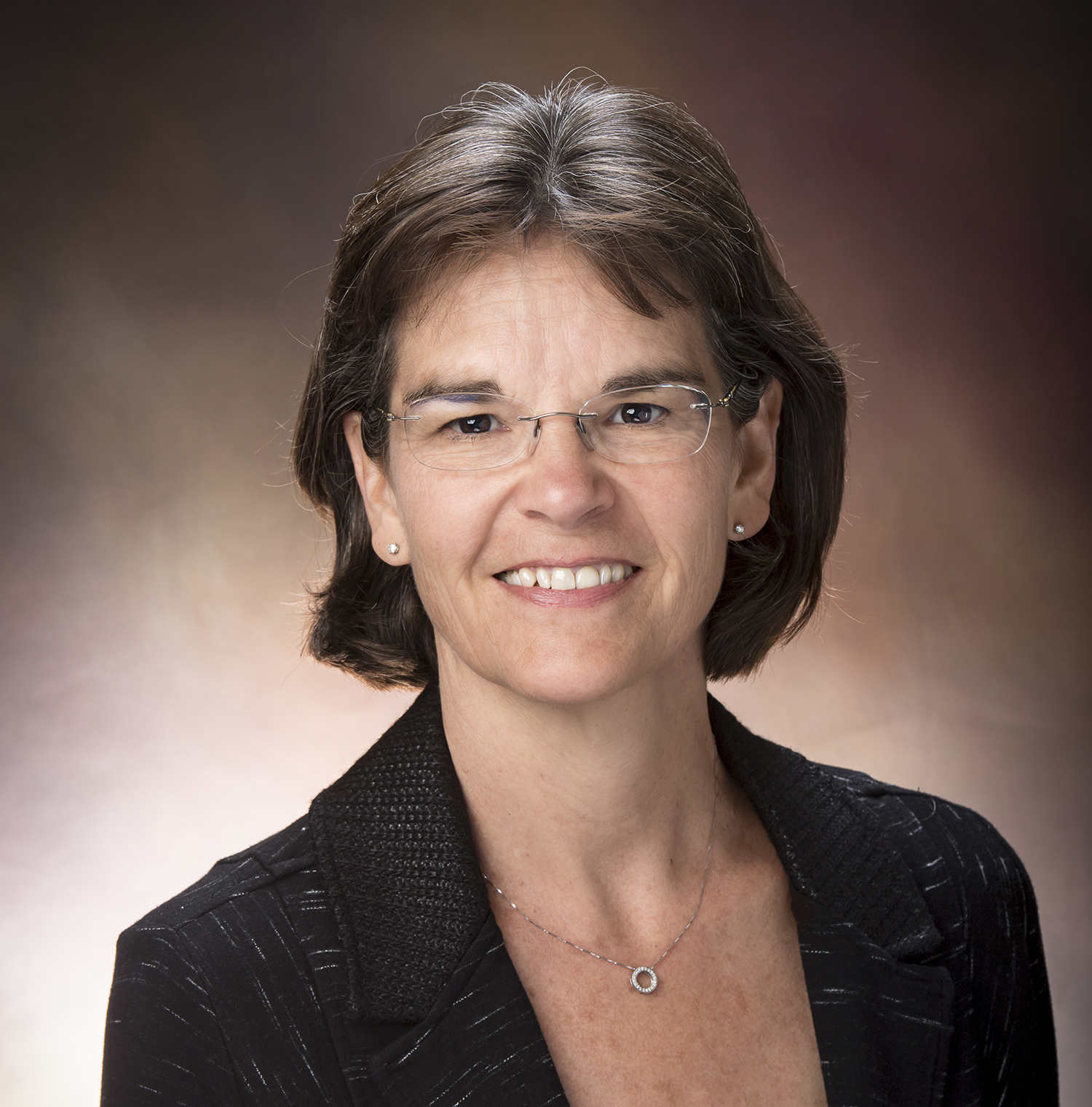
Dorene Balmer, PhD
Plenary sessions 6:
Learning Context Designer, Engineer, Architect, and Implementer: Designs the ‘‘Space’’ to Optimize Growth Mindset
View a recording
Medical educators are increasingly expected to design, develop and evaluation learning contexts that support a growth mindset. This session will scrutinize related terms–contexts, culture, climate, environment–and highlight the assumptions that underlie each terms and implications for designing, developing and evaluating the "space" in which learning happens. After comparing orientations toward learning (progress and growth versus performance), participants will identify strategies to design, develop and evaluate their own learning contexts in ways that optimize a growth mindset.
On Second Day
27th Jan
Registration

Dorene Balmer, PhD
Plenary sessions 3:
Preparing Faculty for Job Roles of the 2030 Medical Educators
"Imagineering the Education Futurists”
View a recording
Key Insights from Education Research that Drive Future Medical Education
Current health care education heavily relies on information transmission or content delivery to students. Yet educational research shows that delivery is only a minor part of learning. Dr. Erik Driessen will discuss key areas of educational research relevant to medical education. In essence, it is about encouraging students to invest time in learning, and use that time as effectively as possible. Assessment, goal-oriented learning and feedback are essential ingredients, and teachers are key figures.
Coffee Break
(Snack box)
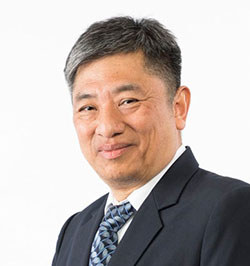
Sittisak Prukpitikul, MD
Plenary sessions 4:
Envisioning Medical Education through the Lens of Quality System
View a recording
Thai language
Lunch Box
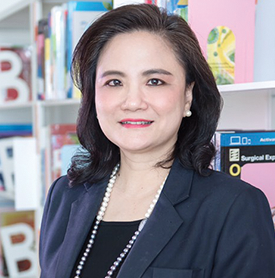
Prof. Chirayu Auewarakul, MD
Sharing Good Practice from WFME Accreditation in Thailand
View a recording
-Enhance Student Learning by Proactive Formative Assessment: A journey of a new medical school
Prof. Dr. Chirayu Auewarakul, MD, PhD, FACP
-Utilizing IT to Monitor Student Progress and Programmatic Evaluation
Assoc.Prof. Kamonwan Janwitheesuk
Moderator: Assist. Prof.Chiroj Soorapanth, MD and Assoc.Prof. Somchai Yongsiri (Thai language)
Coffee Break
(Snack box)
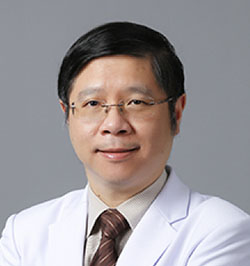
Assist. Prof. Chiroj Soorapanth, MD
Keys Concepts to Promoting Research in Medical Education
View a recording
(Thai language)
Platform (Oral and Poster) Presentation
Sharing Best Practices in Educators and Academic Officers
Academic Education Network
Dinner box
Share and Discussion “Design your medical school”
Medical Student Network
On Third Day
26th Jan
Registration for workshop
On-site
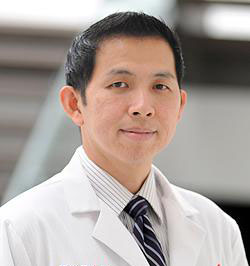
Satid Thammasitboon, MD, MHPE
Workshop 1:
Designing an Engaged Learning Incorporating Learning Sciences and Evidence-Informed Educational Practices
There have been significant advances in knowledge about how people learn. However, a large knowledge-practice gap exists in medical education. This workshop will discuss findings from learning sciences and evidence from educational research relevant to teaching and learning. Through an inquiry-based learning, this workshop will guide participants to develop conceptual understanding and clear implications of learning sciences and evidence-informed educational practices for teaching and curricular design.

Erik Driessen, PhD
Workshop 2:
Portfolios and Mentoring
View a recording (1)
View a recording (2)
Portfolios are widely used in medical education, not only to stimulate learners to reflect on their experiences and development, but also as a source of information for authentic assessment. Portfolios are often used in combination with mentoring. In this workshop the participants will be introduced in the possibilities of portfolios and mentoring. After a short introduction, participants will practice with the assessment of portfolios and mentoring. The workshop can facilitate participants with different levels of expertise on portfolios and mentoring.
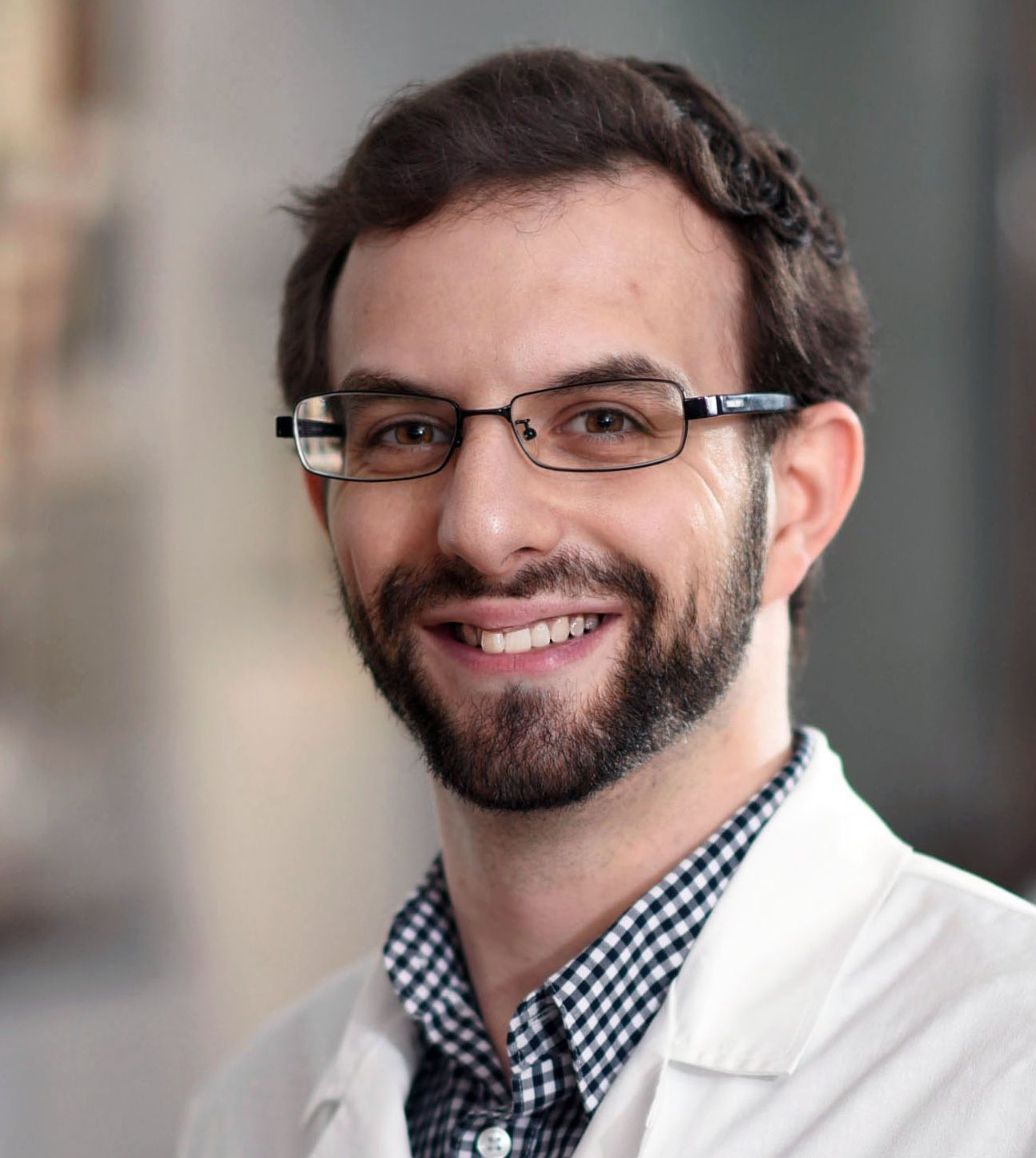
Adam Cohen
Workshop 3:
(Hybrid)
Coaching Diagnostic Reasoning Skills to Unlock Secrets of Expert Thinking
View a recording
Teaching and assessing learners’ diagnostic reasoning skills are critical elements of training future clinicians. Despite the significant prevalence and harmful impact of diagnostic errors on patient outcomes, teaching and assessing diagnostic reasoning remains a mystery due to the inherent complexity and idiosyncratic nature of the process. This workshop uses a standardized train-the-trainer approach to teaching and assessing the diagnostic reasoning process, with didactics and facilitated small-group interactive practice. Participants will leave with new strategies and tools to enhance teaching and assessment of the diagnostic reasoning process towards life-long learning of these skills.
Open Registration for the conference
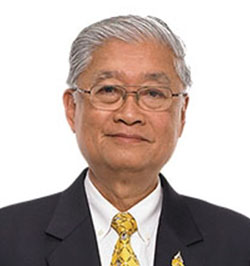
Prof. Vicharn Panich, MD
Open Ceremony and Honorary Lecture:
View a recording
Futuristic Health Education with Inter-Professional Collaboration
View a recording
Coffee Break
(Snack box)

Erik Driessen, PhD
Plenary Session 1:
Key Insights from Education Research that Drive Future Medical Education
View a recording

Satid Thammasitboon, MD, MHPE
Plenary Session 2:
A Pragmatic Approach to Addressing “Wicked Educational Problems” in Today’s Volatile, Uncertain, Complex and Ambiguous (VUCA) World
View a recording
Medical education unfolds in increasingly complex healthcare environments. This milieu often leads to “wicked problems” – issues that are difficult or impossible to solve because of incomplete, contradictory, and/or changing requirements that are often hard to recognize. Traditional approaches may not be sufficient to adequately develop or sustain solutions to these complex educational problems. Dr. Satid Thammasitboon will discuss pragmatic approaches to addressing wicked problems in medical education.
Faculty Dinner
Invitation only
(Dinner box)

